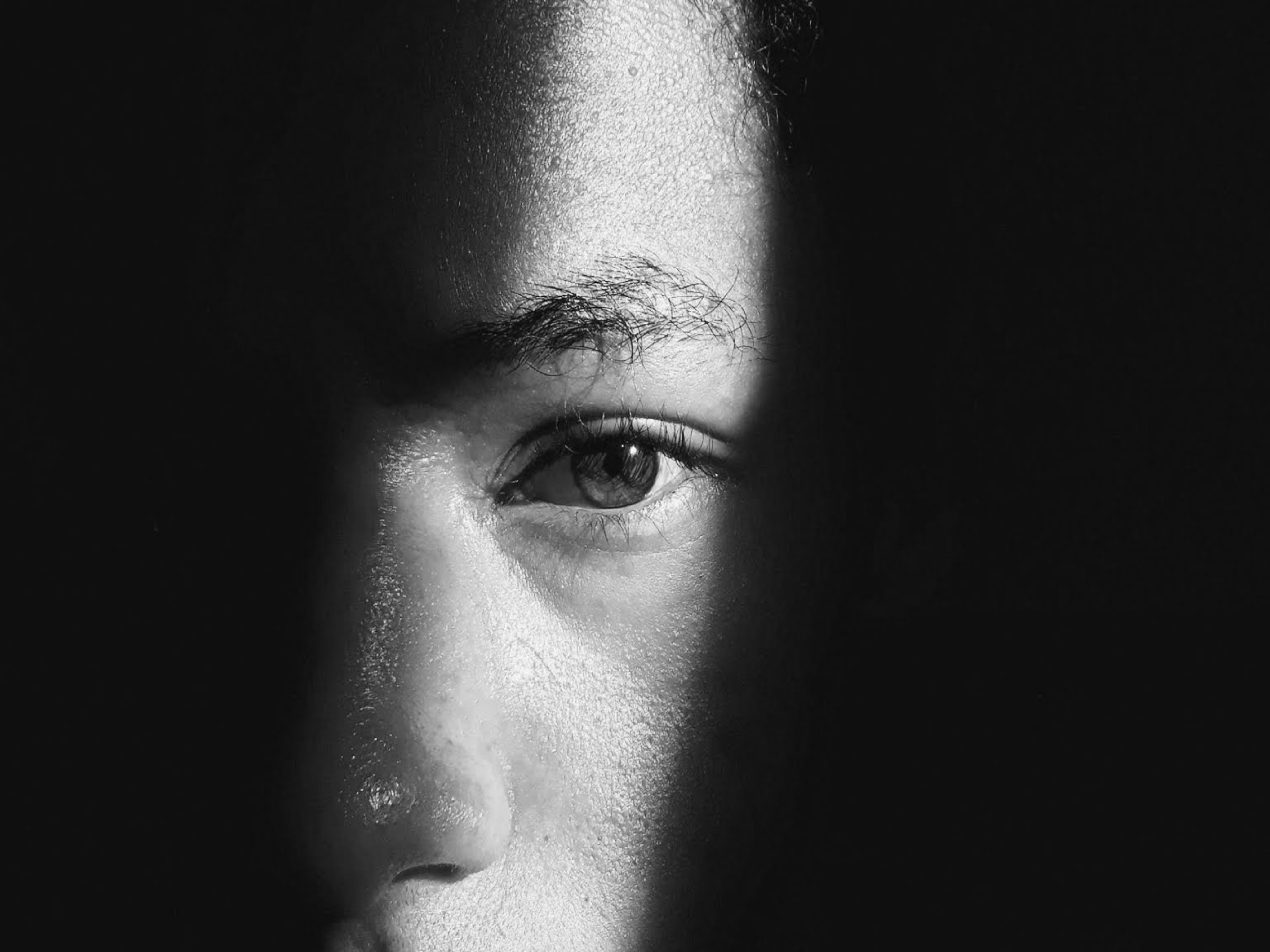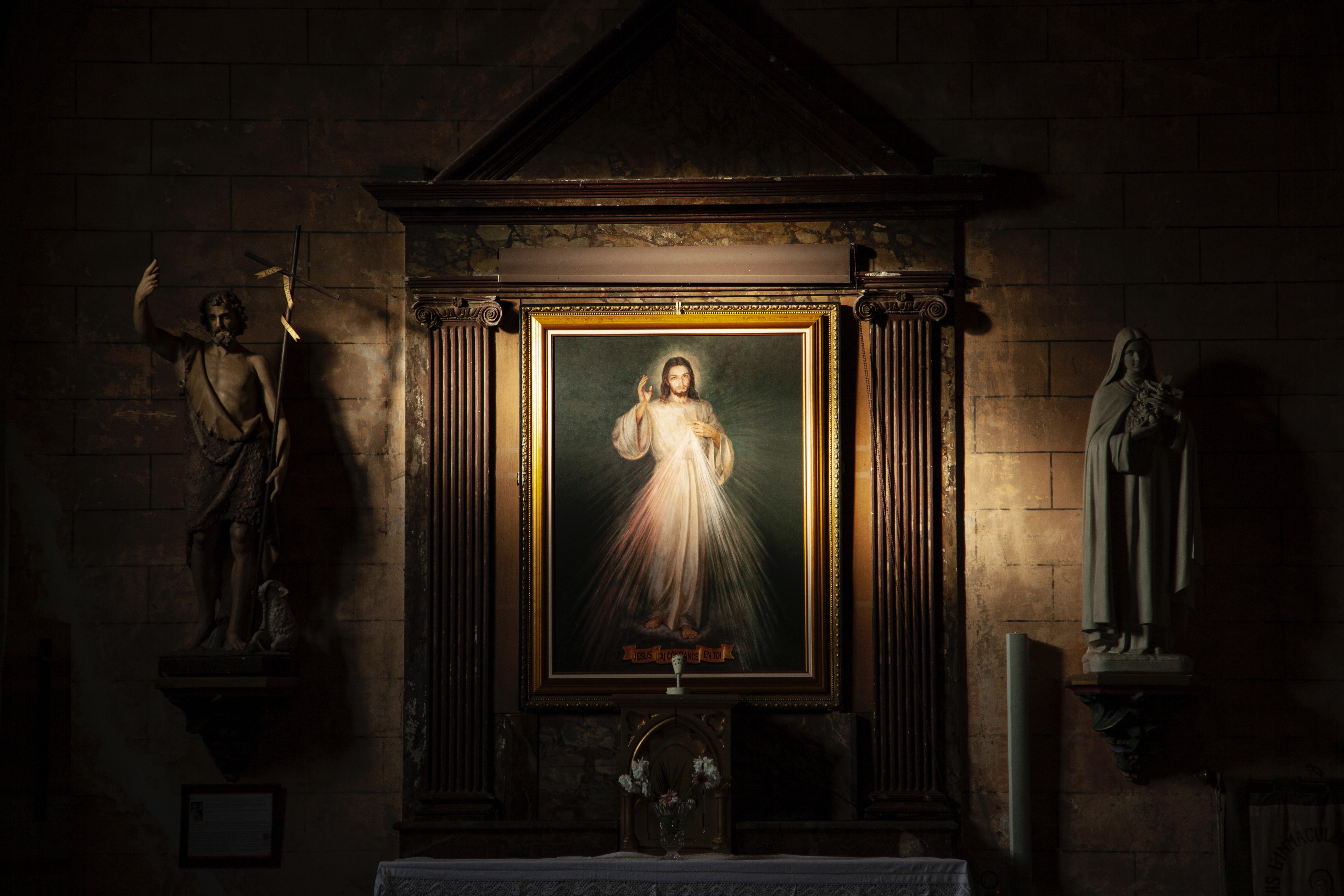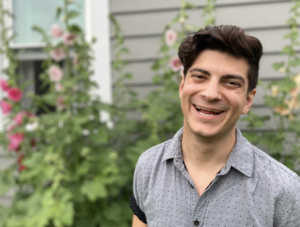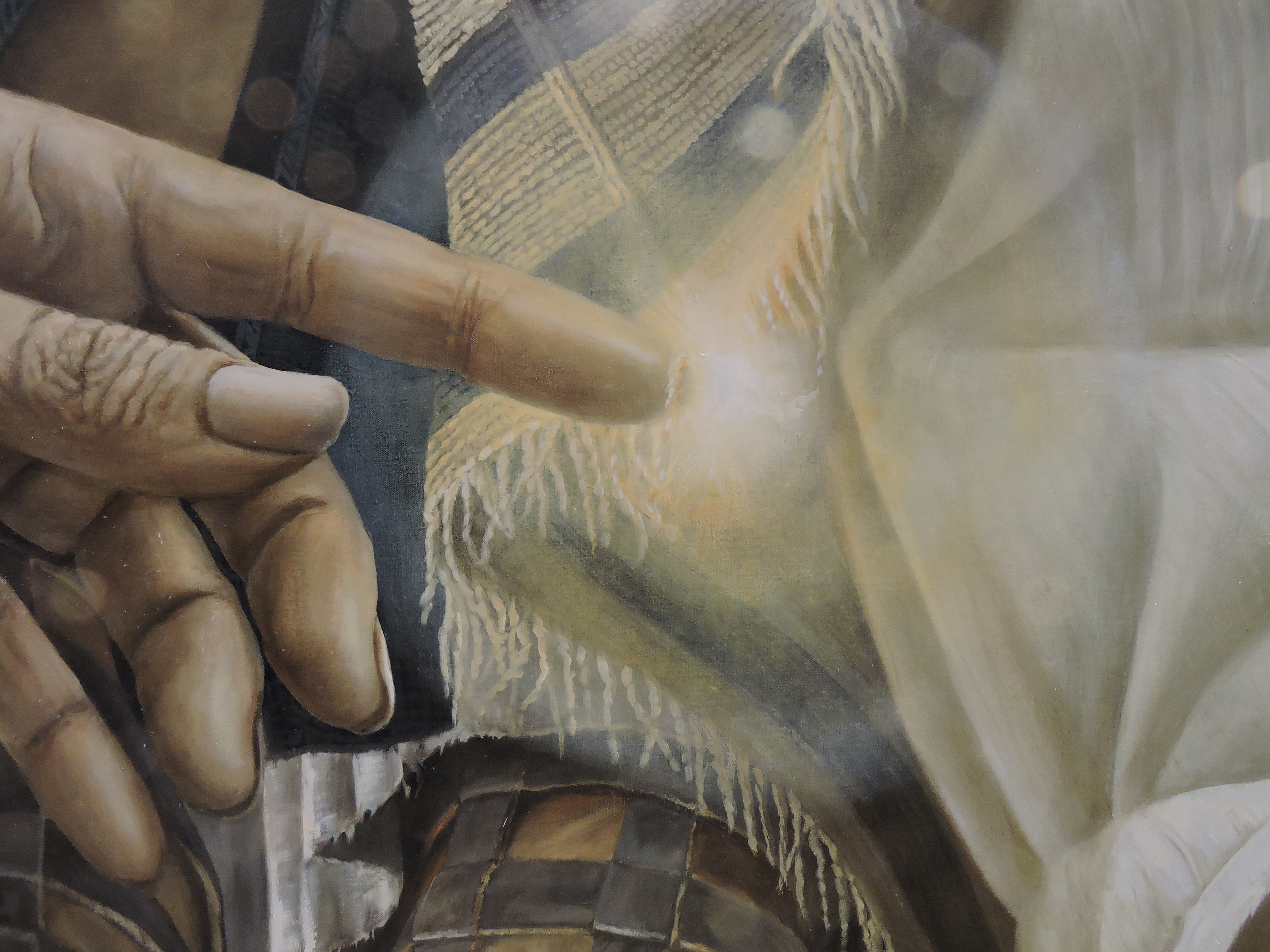I have noticed in my time in ministry and as I have been trying to follow Jesus for a while now, that there is a trap laid before the feet of a weathered Christian. When I was younger, I misunderstood this trap. I thought that people used religion as a weapon in order to establish a culture they were comfortable with. Now I understand a bit more, especially now that I have dealt with these temptations from time to time.
Jesus proclaims to us today, “Go and learn the meaning of the words, I desire mercy, not sacrifice. I did not come to call the righteous but sinners.” After working for years with Jesus to put an end to sin in my life and live a full one, I have begun to experience the temptation of self-righteousness. I feel that I struggle the most with this temptation when my outlook is focused on accomplishments in the spiritual life. It is my experience that my temptation to self-righteousness is rooted in self-reliance. As I have grown, I have taken more pride in being able to provide for my family, and in my accomplishments and goals.
In other words, my desire for a good life seeps into my view of my spiritual life. By doing this, I sacrifice my mindset that life and every good thing in it is a gift. I forget that my ability to not sin is a gift. It is in my forgetfulness and my desire to protect the ideals I have set for myself that I give myself the freedom to judge, set standards for other people that I do not know, and burn myself out striving for the gift of Heaven which is impossible for a human being to earn. It is a gift from the Father who loves us enough to send His only Son to die for us.
Look at how the Pharisees treated those Jesus was trying to heal. They were rude and looked at the tax collectors and prostitutes as if they were insignificant and dirty. Their defensive attitudes of trying to establish themselves as important in God’s eyes brought them to an attitude of judgment and cruel words. I find that it is when I overextend the standards that I have set for myself to others, and compare others to that standard, that I act like a Pharisee.
It is my prayer for myself and you that we can seek the living mercy of Jesus and not what makes us feel secure. I would like to challenge you to reflect and allow the Holy Spirit to gently open your eyes to those who you treat as the Pharisees did the tax collectors and prostitutes and ask for mercy. If you are on the flip side of this and feel that there are many in the Church who judge you, my challenge for you is to lock eyes with Jesus and let Him heal you. May Jesus bless us all with clean hearts.
Me he dado cuenta durante mi tiempo en el ministerio y como he estado intentando seguir a Jesús por un tiempo, que hay una trampa puesta ante los pies de los que han sido cristiano por un tiempo. Cuando era más joven, entendí mal esta trampa. Pensé que la gente usaba la religión como un arma para establecer una cultura de comodidad. Ahora entiendo un poco más, especialmente ahora que he lidiado con estas tentaciones de vez en cuando.
Jesús nos proclama hoy: “Vayan, pues, y aprendan lo que significa: Yo quiero misericordia y no sacrificios. Yo no he venido a llamar a los justos, sino a los pecadores”. Después de trabajar con Jesús durante años para poner fin al pecado en mi vida y vivir una vida plena, he comenzado a experimentar la tentación de la justicia propia. Siento que batallo más con esta tentación cuando mi perspectiva se enfoca en los logros en la vida espiritual. Según mi experiencia, mi tentación de fariseísmo tiene sus raíces en la autosuficiencia. A medida que crecía, me enorgullecía más de poder mantener a mi familia y de mis logros y metas.
En otras palabras, mi deseo de una buena vida se filtra en mi visión de mi vida espiritual. Al hacer esto, sacrifico mi mentalidad de que la vida y todo lo bueno que hay en ella es un regalo. Me olvido que mi capacidad de no pecar es un regalo. Es en mi olvido y en mi deseo de proteger los ideales que me he fijado que me doy la libertad de juzgar, establecer estándares para otras personas que no conozco y quemarme luchando por el don del Cielo que es imposible que un ser humano gane. Es un regalo del Padre que nos ama lo suficiente como para enviar a Su único Hijo a morir por mí y por ti.
Fíjate cómo los fariseos trataban a los que Jesús estaba sanando. Eran groseros y miraban a los recaudadores de impuestos y prostitutas como si fueran insignificantes y sucios. Sus actitudes defensivas de tratar de establecerse como importantes a los ojos de Dios los llevó a una actitud de juicio y palabras crueles. Me doy cuenta de que es cuando extiendo demasiado las normas que me he fijado a los demás, y comparo a otros con esa norma, que actúo como un fariseo.
Es mi oración por mí y por ti que podamos buscar la misericordia de Jesús y no lo que nos hace sentir seguros. Me gustaría desafiarte a reflexionar y permitir que el Espíritu Santo te abra suavemente los ojos a los que tratas como los fariseos trataban a los recaudadores de impuestos y las prostitutas, y a pedir misericordia. Si estás en el otro lado de esto y sientes que hay muchos en la Iglesia que te juzgan, mi desafío para ti es mirar a los ojos a Jesús y dejar que Él te sane. Que Jesús nos bendiga a todos con corazones limpios.
Featured Image Credit: Juan Pablo Serrano, https://www.pexels.com/photo/father-and-child-s-hands-together-1250452/
This reflection was reposted from Diocesan archives. Author: Arthur Richardson


 Arthur Richardson is married to his wonderful wife, Gabby Richardson. Most of his work experience is in ministry. He was a retreat missionary in Wisconsin for two years and a youth minister for three years. He is now the Web Project Manager here at Diocesan, and loves it!
Arthur Richardson is married to his wonderful wife, Gabby Richardson. Most of his work experience is in ministry. He was a retreat missionary in Wisconsin for two years and a youth minister for three years. He is now the Web Project Manager here at Diocesan, and loves it!



 Arthur Richardson is married to his wonderful wife, Gabby Richardson. Most of his work experience is in ministry. He was a retreat missionary in Wisconsin for two years and a youth minister for three years. He is now the Web Project Manager here at Diocesan, and loves it!
Arthur Richardson is married to his wonderful wife, Gabby Richardson. Most of his work experience is in ministry. He was a retreat missionary in Wisconsin for two years and a youth minister for three years. He is now the Web Project Manager here at Diocesan, and loves it!





